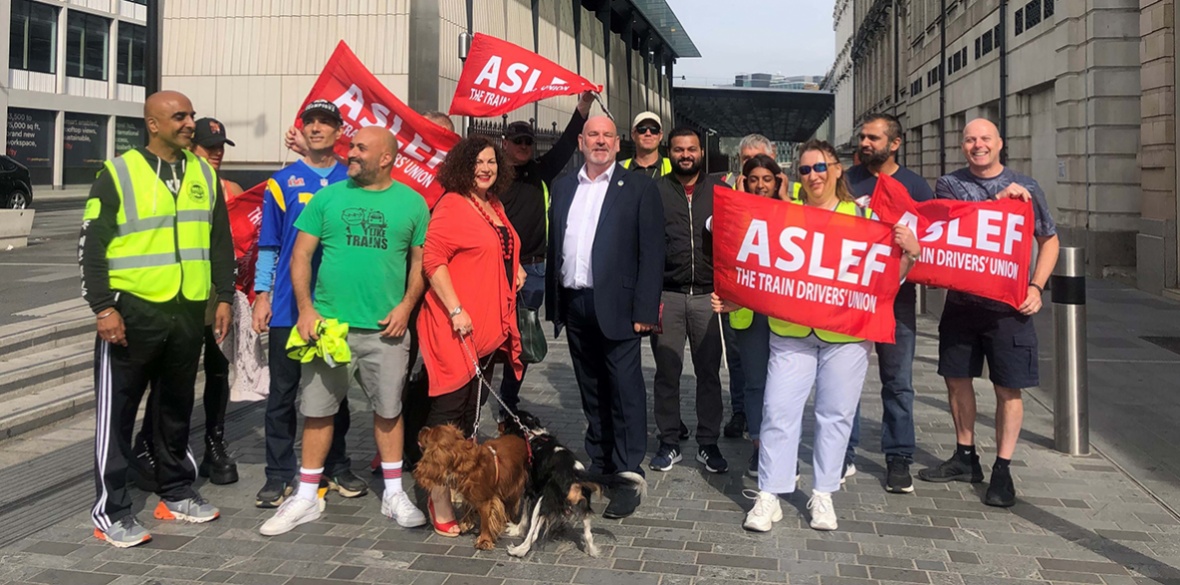CDC Introduces Streamlined Guidelines For Better COVID-19 Protection, Understanding
Aug 13, 2022 02:30 AM By Luigi Caler
VIDEO
The Centers for Disease Control and Prevention (CDC) has streamlined its COVID-19 guidance to help the public better protect themselves from the risk of catching the novel coronavirus at this point of the pandemic.
The public health agency made some changes to its guidelines to ensure that everyone would be up to date regarding the preventive measures available against COVID-19. As the novel coronavirus continues to be a global problem, the CDC wants the public to be better equipped with more relevant information about the disease and the tools available to combat it.
The first guideline the CDC introduced continued to promote the importance of having up-to-date vaccines to prevent severe illness, hospitalization, and death. Since the efficacy of the vaccines diminishes over time, the agency said people should get the newer vaccines when they become eligible.
Another recommendation from the agency said people should opt to wear a high-quality mask for ten days and get tested on day 5 instead of quarantining when exposed to someone with COVID-19. The CDC maintained that regardless of vaccination status, one should isolate when they test positive for the virus.
Upon testing positive, the CDC advised staying home for at least 5 days and isolating from other people in the household during the period. This is because a person is usually most infectious during the first 5 days of infection. Wearing a mask around other people at home is strongly encouraged.
For people with moderate COVID or severe illness, the CDC recommended isolating for ten days. The same recommendation was given to people who have a weakened immune system.
For those who developed the severe form of the disease, it is imperative to consult with a doctor before ending isolation. This is because ending isolation without a viral test is not a good option for this type of case.
If COVID-19 symptoms worsened after one’s isolation ended, they need to restart their isolation at day 0. They also need to talk to a healthcare provider if they have questions about when to end their isolation.
"We’re in a stronger place today as a nation, with more tools—like vaccination, boosters, and treatments—to protect ourselves, and our communities, from severe illness from COVID-19," said Greta Massetti, Ph.D., MPH, an author of the CDC's Morbidity and Mortality Weekly Report.
She added, "We also have a better understanding of how to protect people from being exposed to the virus, like wearing high-quality masks, testing, and improved ventilation. This guidance acknowledges that the pandemic is not over, but also helps us move to a point where COVID-19 no longer severely disrupts our daily lives.”












